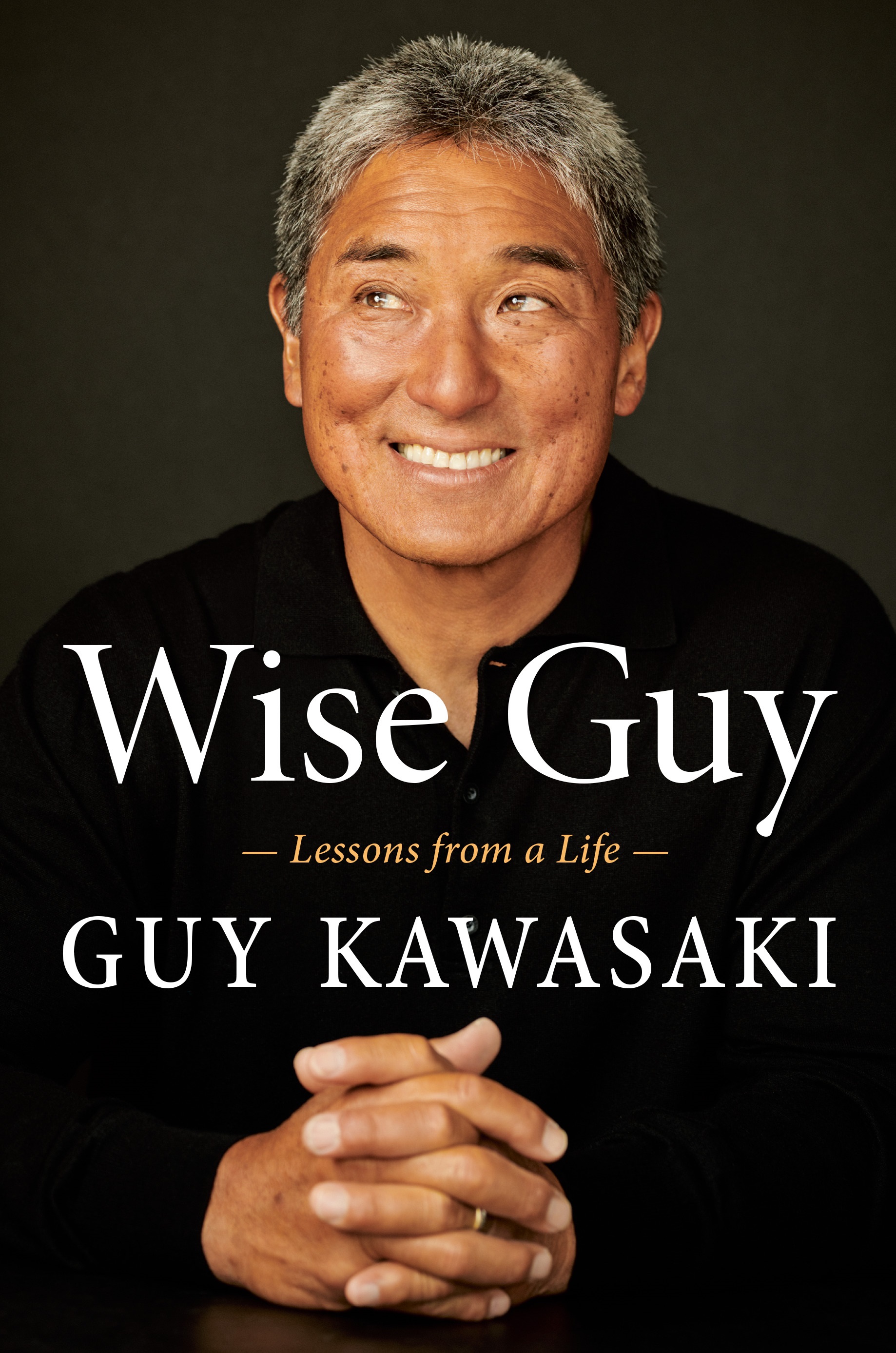I’ve worked in Silicon Valley since 1983 when I joined the Macintosh Division of Apple. I started several software companies and a venture capital firm, served a second stint at Apple as its chief evangelist, and advised the CEO of Motorola when it was part of Google. I’m currently the chief evangelist of Canva, the website where people make about three million images per day.
I’m not telling you this because I want to position myself as a visionary, thought-leader, or guru. I’ve made plenty of mistakes—and they cost me millions of dollars. I’ve also seen plenty of mistakes made — and repeated. But I’ve also seen people and companies thrive. They changed the world, “dented the universe,” and improved the lives of millions of people.
I’m now sixty-four years old, and my motivation is to provide some wisdom to help you in your career and personal life. I couldn’t have come up with this list earlier because I hadn’t acquired the knowledge. I might not be able to do it much later because I might forget what I learned.
So here’s my guide to how to thrive based on more than thirty years in Silicon Valley:
Be unique and valuable The key to career success is acquiring unique skills that are valuable. Unique skills that aren’t valuable don’t matter. Valuable skills that aren’t unique don’t set you apart. Be the best at something that’s in demand.
Adopt a growth mind-set. Learning is a process, not an event. It doesn’t end when you complete your formal education. If you’ve “got it made,” risk your self-image and pride by trying something you’re not good at. No matter how much you know, you can still learn more. The more you learn, the more you learn (and earn).
Embrace grit. The flip side of adopting a growth mind-set is embracing hard work and determination—in other words, grit. Achieving success is hard work. Great ideas are easy, but implementation is hard. Intelligence and talent without grit is inconsequential.
Smile. The more you smile and laugh, the more you will smile and laugh. The more you smile and laugh, the easier life gets. You can never go wrong being nice, and there’s no such thing as being too nice.
Default to yes. Assume that people are good and default to helping them. The upside of defaulting to yes far exceeds the downside of being used. This doesn’t mean you’ll never say no, but say no after you’ve collected information, not because no is your default.
Raise the tide. Life is not a zero-sum game. Your loss is not someone else’s gain. Someone else’s loss is not your gain. A rising tide lifts all boats, so do what you can to fill the ocean, lake, pond, pool, or bathtub that you’re swimming in.
Pay it forward. Pretend that there’s is a karmic scoreboard in the sky. The net balance of this scoreboard determines your fate. Do good things, help people out, and make the world a better place. These actions will bring immediate joy and may even be an investment in your future.
Examine everything. Life isn’t all unicorns and pixie dust. Examine everything and do not go through life on auto pilot. Unexamined living means you’ll never see the stars. But don’t get me wrong: I’m recommending skepticism, not negativity.
Never lie, seldom shade. This is the pragmatist’s guide to honesty. Lying takes too much time and energy, because you have to keep track of how you lied. Instead, always tell the truth, and seldom shade the truth. The truth will set you free.
Enable people to pay you back. With the recommendation to default to yes and pay it forward, why enable people to pay you back? The answer is that you honor people by enabling them to pay you back. It relieves them from feeling indebted, and their ability to reciprocate fosters their sense of self-worth.
I hope this list helps live a rich, rewarding, and consequential life. At least I hope this list helps you make different mistakes from me.
_________________________________________

Guy Kawasaki’s new book is called Wise Guy: Lessons from a Life. If you liked this article, you’ll love the book. Buying a copy will reinforce the wisdom of writing this article for Thrive.


